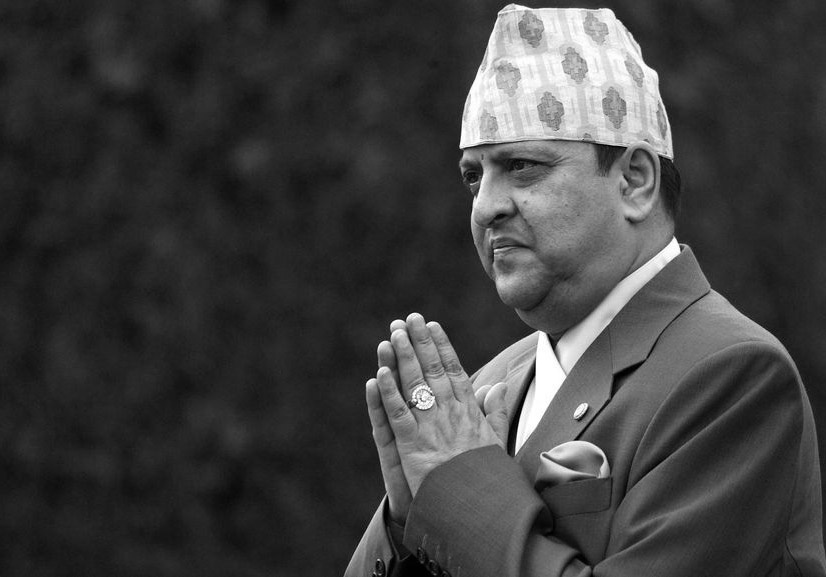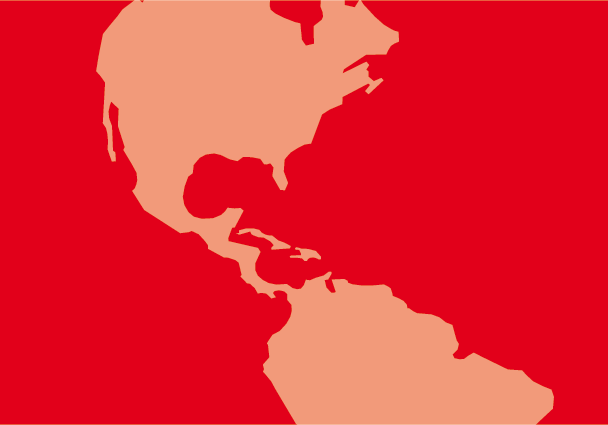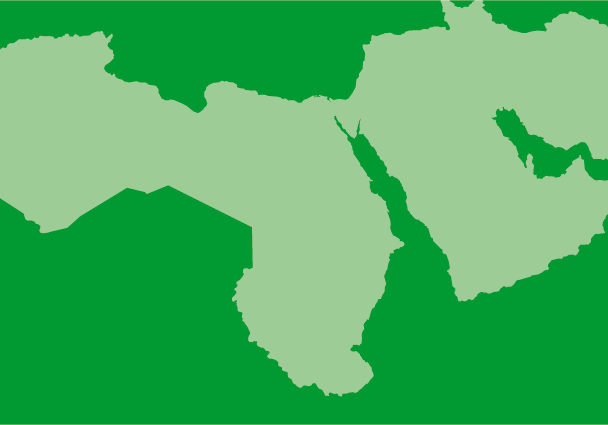
Nepal: State of emergency deepens human rights crisis
King Gyanendra of Nepal today dismissed the Government, assumed direct power, and declared a nation-wide state of emergency.

King Gyanendra of Nepal today dismissed the Government, assumed direct power, and declared a nation-wide state of emergency.

The ICJ presents its preliminary conclusions on the current process of demobilization of paramilitary groups and on the consequences of the “democratic security” policy on human rights, the administration of justice and the rule of law.

At the request of its West Bank affiliate Al Haq, the ICJ sent a delegation of international observers to the Presidential elections of the Palestinian Authority, which took place on 9 January 2005.

Human rights defenders in Nepal face grave threats amid the country’s deepening human rights crisis, Amnesty International, Human Rights Watch and the ICJ said today.

The ICJ today submitted a Memorandum to the European Commission on the establishment of a human rights agency in the European Union.
The ICJ sets out clear benchmarks for a human rights institution that would provide a strong mechanism to address human rights and rule of law problems in the European Union.
“We call on the European Commission to elaborate a proposal for a EU Human Rights Agency, which is in line with international standards for independent and effective human rights institutions”, says Gerald Staberock, Coordinator of ICJ’s National Implementation Programme. “This step is long overdue and the agency should have a real impact on the promotion and protection of human rights in the European Union and its member states. A weak and flawed institution, on the other hand, would not increase the legitimacy of EU policies but could raise concerns about double-standards, internally and externally.”
Submission on the establishment of a EU Human Rights Agency [full text, PDF]